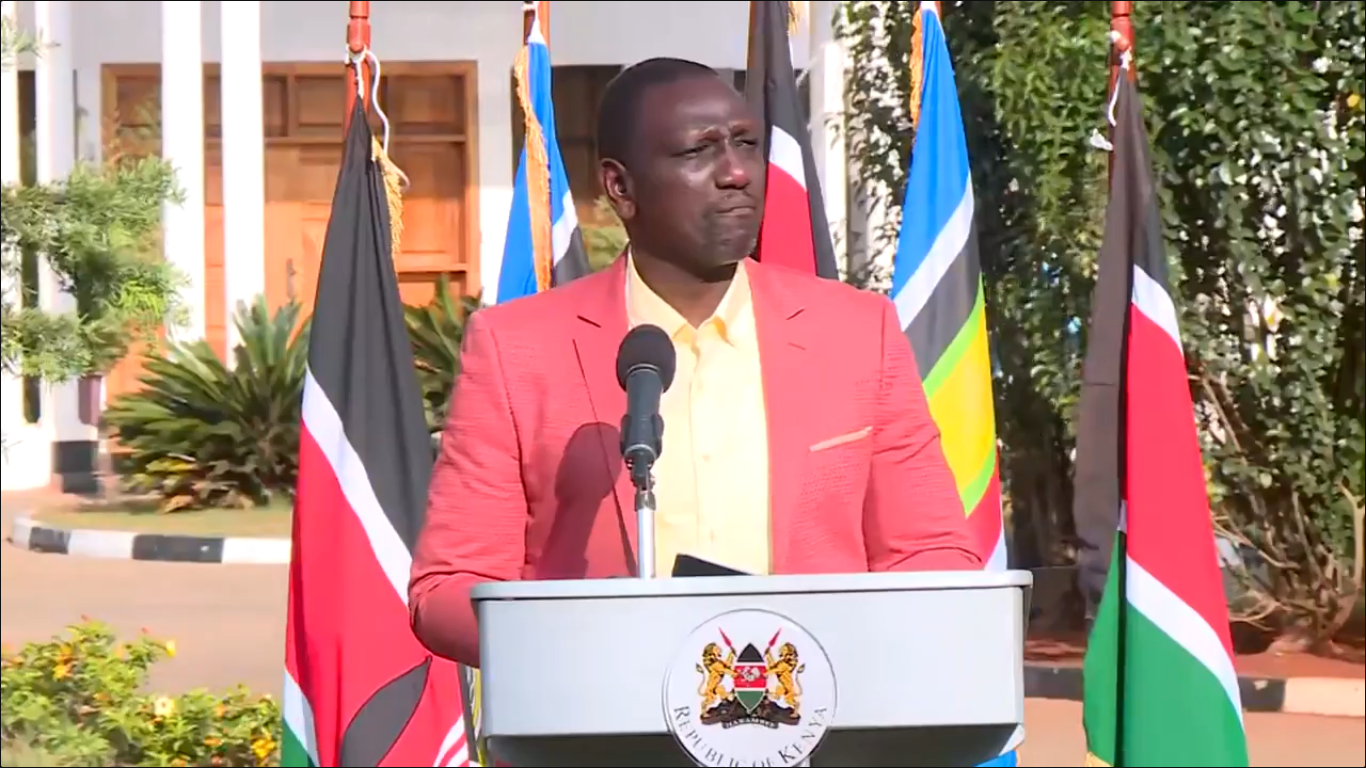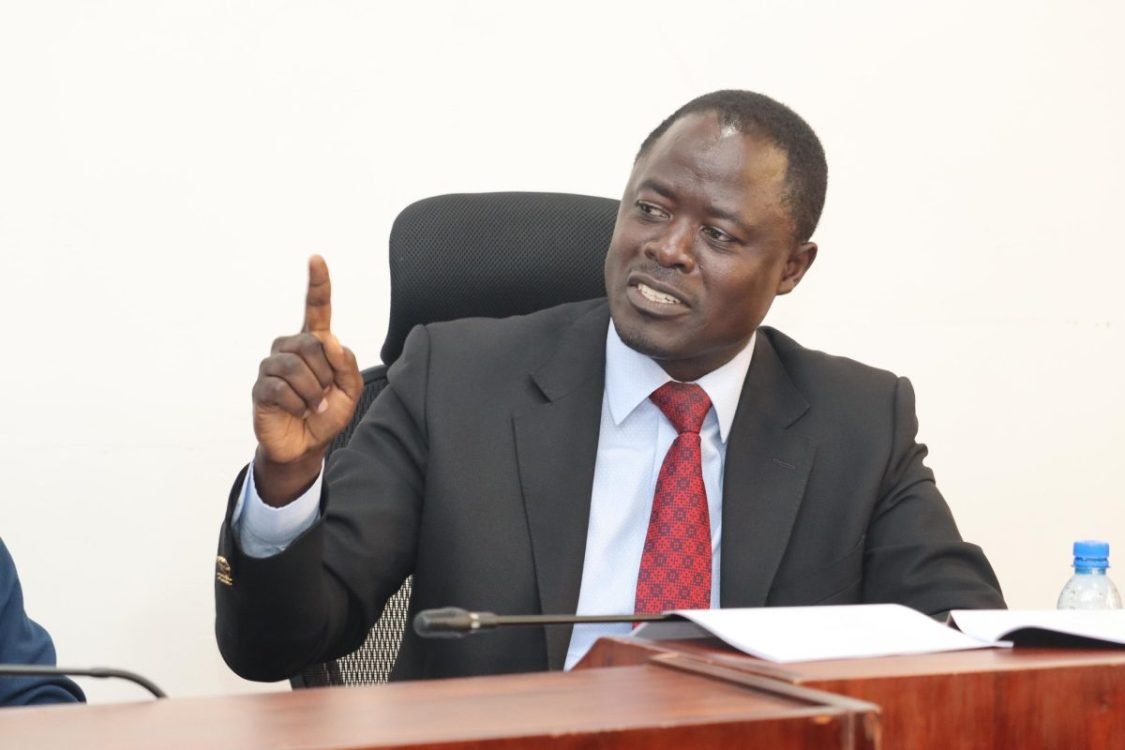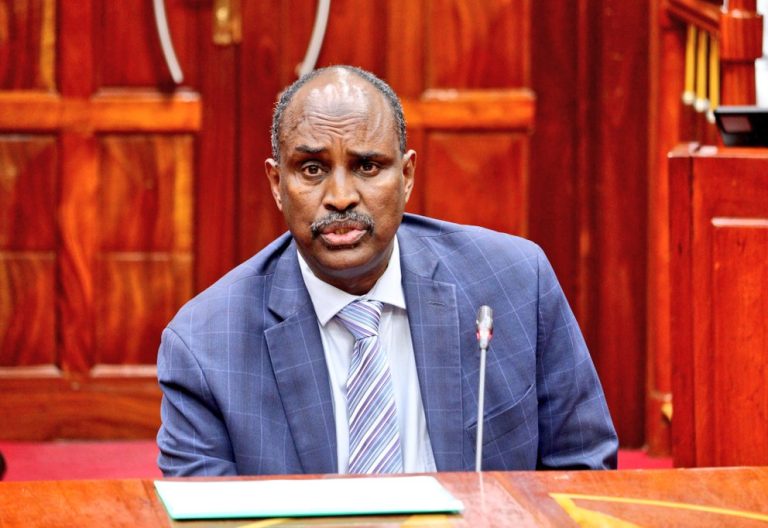DP Ruto addresses the nation after Court of Appeal ruling on BBI

Deputy President William Ruto has urged Kenyans and political leaders to embrace the Court of Appeal ruling on the Building Bridges Initiative (BBI) bill.
In his Saturday, August 21 address to the nation, Ruto asked Kenyans to champion their energy on an economic recovery plan with a focus on securing new employment opportunities for the youth.
“Now henceforth, we must build an alliance of all Kenyans with our young people at the core so that we can tap into our creativity, talents, energy 2 fashion new Kenya where success is not based on who you know but how hard you work, a Kenya where nobody is left behind,” the DP said while addressing the country at his Karen residence in Nairobi.
“It is time for us to imagine together a new society that gives priority to the greatest number of its citizens. We must pursue the creation of millions of jobs and not mere sharing of political positions,” Ruto stated.
Ruto said that the court’s decision reaffirms that Kenya is a country governed by the rule of law and not the rule of men where the constitution and sovereignty of people are supreme and not the political elite
“This marks the second time our courts have pronounced themselves on this matter. On both occasions our courts were bold, clear and unmistaken. Without any doubts the courts brought the voice of Wanjiku to life and call on us to move on to the most pressing needs of our citizens and nation,” Ruto said.
On Friday, the Court of Appeal has upheld the High Court judgment that nullified the Building Bridges Initiative (BBI) Referendum Bill process.
In their judgement, the 7-judge bench agreed that the BBI process was a presidential initiative and not a popular initiative as submitted to the court by the defense team.
The seven judges were: Court of Appeal President Daniel Musinga, Justices Hannah Okwengu, Patrick Kiage, Fatuma Sichale, Gatembu Kairu, Roselyne Nambuye and Francis Tuiyo
The judges, who were responding to 21 points raised by the High Court when it nullified the process on May 13, also took issue with the manner in which County Assemblies passed the Bill.
The judges insisted that before a constitution is changed, four processes must be followed namely civic education, public participation, county assemblies debate and referendum.
Author Profile
Collins Osanya
Collins Osanya is a multimedia journalist, communications specialist, and creative writer.
View all posts by Collins Osanya









